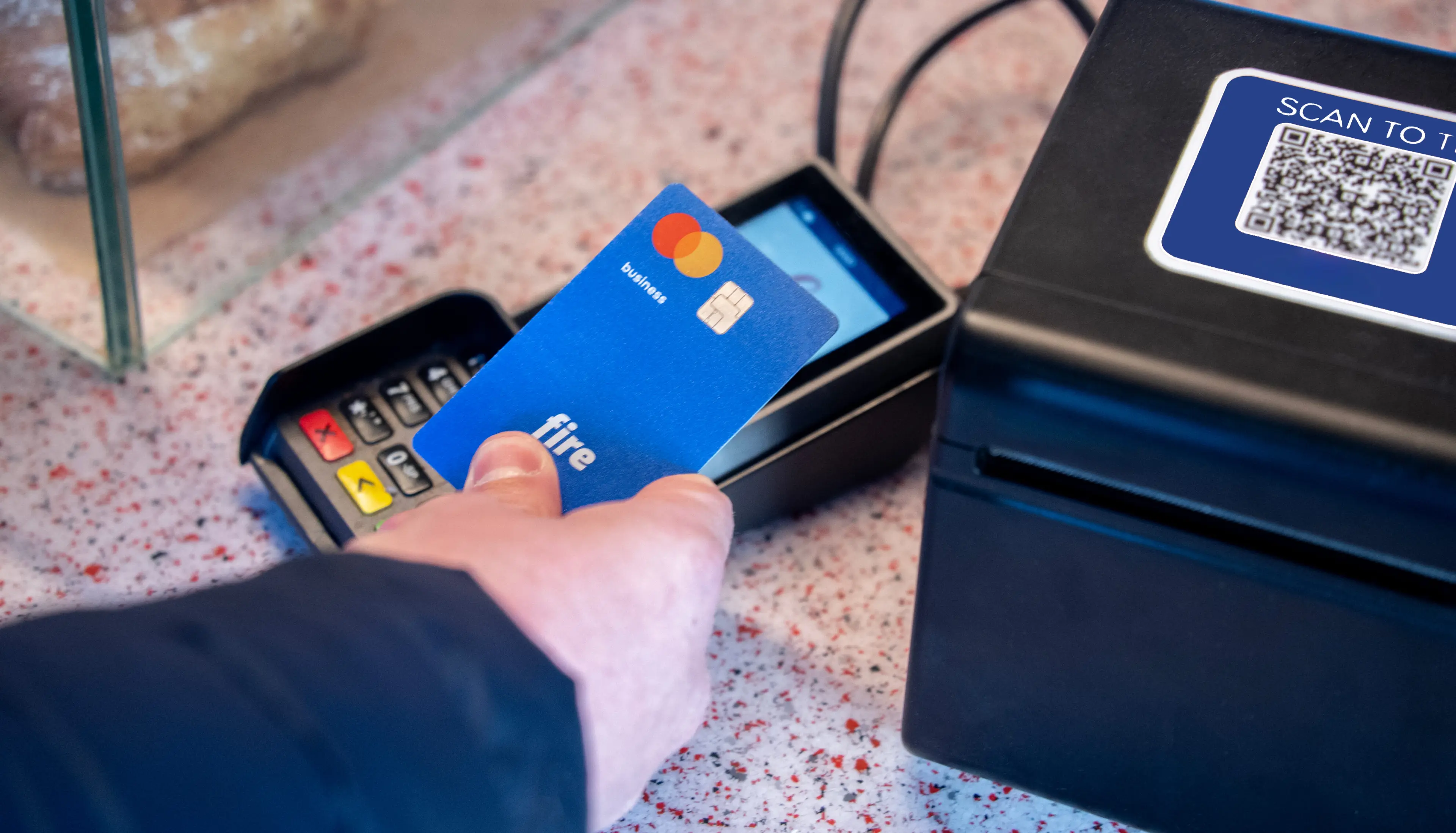Building growth through strategic partnerships in the payments industry (Part 2)

Article snapshot
In the second part of this article series, we examine the role of payment processors in the payments ecosystem and how strategic partnerships with ISVs and payfacs drive scalability, security, and compliance. We explore how collaboration boosts merchant enablement, reduces risks, and drives growth, with Fire's solutions playing a key role.
An article series exploring how banks, acquirers, fintechs, independent software vendors, and payment facilitators (payfacs) can drive growth through strategic partnerships, innovation, and streamlined compliance.
–
This article is the second in a four-part series exploring how strategic partnerships drive growth by creating value, enhancing merchant services, and streamlining compliance. To read the first article in the series, please refer to Part 1. To continue the series, please refer to Part 3.
Introduction
The payments landscape is evolving at a rapid pace, driven by emerging technologies and shifting business models that are redefining how transactions are handled.
Collaboration plays a crucial role in this transformation, with banks, fintechs, independent software vendors (ISVs), and payment facilitators leveraging each other’s strengths to drive innovation. By working together, these industry players can develop secure, efficient, and scalable payment solutions that cater to the evolving needs of businesses and consumers.
In this article series, we examine how strategic partnerships create value, streamline compliance, and mitigate risk while unlocking new growth opportunities. From improving customer experiences to expanding service capabilities and navigating regulatory complexities, these partnerships are essential for success in an increasingly competitive payments ecosystem.
Payment processors
Payment processors play a central role in the payment ecosystem by facilitating the transmission of payment data between merchants, acquirers, and card networks. They enable merchants to securely accept payments through various methods, including credit cards, debit cards, and digital wallets, and ensure that the payment process is seamless and efficient.
In today’s fast-paced environment, payment processors must offer scalable, flexible solutions to accommodate the growing variety of payment methods and increasing transaction volumes.
Payment processors also ensure that payment transactions comply with industry standards and regulations, such as PCI DSS (Payment Card Industry Data Security Standard), and help manage fraud detection and risk. As payment technologies evolve, processors are under increasing pressure to innovate and provide merchants with new ways to accept payments, reduce costs, and enhance the customer experience.
Partnership roles & responsibilities
Successful partnerships between payment processors, acquirers, and ISVs or payfacs are essential for delivering a smooth and integrated payment experience for merchants. While ISVs and payfacs focus on the merchant onboarding and enablement process, payment processors handle the technical aspects of payment acceptance. The collaboration between these players enables payment processors to access a wider range of merchant clients, from small businesses to large enterprises across multiple sectors.
For payment processors, effective partnerships hinge on clear communication and shared objectives. They must work closely with their partners to identify merchant needs, ensure compliance, and maintain a high level of security throughout the payment process. It’s also essential that processors collaborate with acquirers and financial institutions to streamline the settlement process, ensuring that funds are transferred efficiently and accurately.
Building scalable and secure payment systems
Payment processors are expected to provide scalable, reliable solutions that can handle high transaction volumes and support a variety of payment methods. With the increasing use of mobile payments, digital wallets, and contactless technologies, processors must adapt to the evolving payment landscape. They need to offer solutions that enable merchants to accept payments through multiple channels, whether online, in-store, or via mobile apps.
Security is a top priority for payment processors, as they are responsible for safeguarding sensitive financial information. Ensuring that their systems comply with relevant security standards and that they employ the latest fraud detection technologies is critical for maintaining trust with merchants and customers alike. Partnerships with financial institutions and security providers can help processors stay ahead of emerging threats and safeguard their operations.
Collaboration for enhanced merchant enablement
Effective merchant enablement is a key priority for payment processors, as they must provide tools that allow merchants to easily accept payments and manage their operations. Payment processors are increasingly working with ISVs and payfacs to offer integrated solutions that simplify the payment experience for merchants.
By combining payment processing with value-added services such as inventory management, point-of-sale (POS) systems, and reporting tools, processors can help merchants optimise their payment operations.
Furthermore, payment processors can benefit from partnering with financial institutions to offer integrated banking services, such as funding solutions, to their merchant clients. These partnerships allow processors to expand their value proposition by offering end-to-end payment solutions that include everything from payment acceptance to business funding.

Risk management and compliance
Payment processors are subject to a wide range of regulatory requirements, including PCI DSS, AML, and KYC compliance, to ensure the integrity of the payment ecosystem. As the custodians of payment data, they are required to meet strict security and compliance standards to prevent fraud and protect customer information. Payment processors must work closely with acquirers, ISVs, and payfacs to ensure that all stakeholders adhere to these standards and maintain a consistent approach to risk management.
A proactive approach to risk management is vital for payment processors. They must implement fraud detection tools, monitor transaction data for suspicious activity, and work with partners to identify and mitigate potential risks. Additionally, payment processors must maintain contingency plans to address chargebacks, disputes, and other liabilities, ensuring that merchants are protected from financial losses due to fraudulent transactions.
Benefits of partnering with Fire for payment processors
Payment processors support large merchant bases, and Fire can help them expand their offerings by enabling innovative features such as automated payouts and alternative payment method (APM) solutions. Furthermore, these potential partners can leverage Fire’s services to offer multi-currency accounts, enhance their global reach, and support businesses in accessing international markets more efficiently.
Furthermore, companies offering a combination of processing services and financial technology solutions already have vast networks of clients in need of more streamlined and efficient payment services. By partnering with Fire, they can enhance their existing solutions with more automated, flexible features. For example, they can offer merchants more efficient funding processes or provide customers with access to payment methods beyond traditional credit or debit card solutions for businesses.
Conclusion
In conclusion, the evolving payments landscape demands that payment processors, acquirers, ISVs, and payfacs collaborate to offer seamless, secure, and scalable payment solutions. By forming strategic partnerships, these players can enhance merchant enablement, streamline compliance, and mitigate risks while unlocking new growth opportunities. Through integrated payment systems, scalable solutions, and a proactive approach to risk management, the payment ecosystem can meet the demands of businesses and consumers alike. Fire’s role in facilitating these partnerships helps payment processors enhance their offerings with innovative features, multi-currency capabilities, and automated payment solutions, positioning them for success in a competitive, fast-changing industry.






